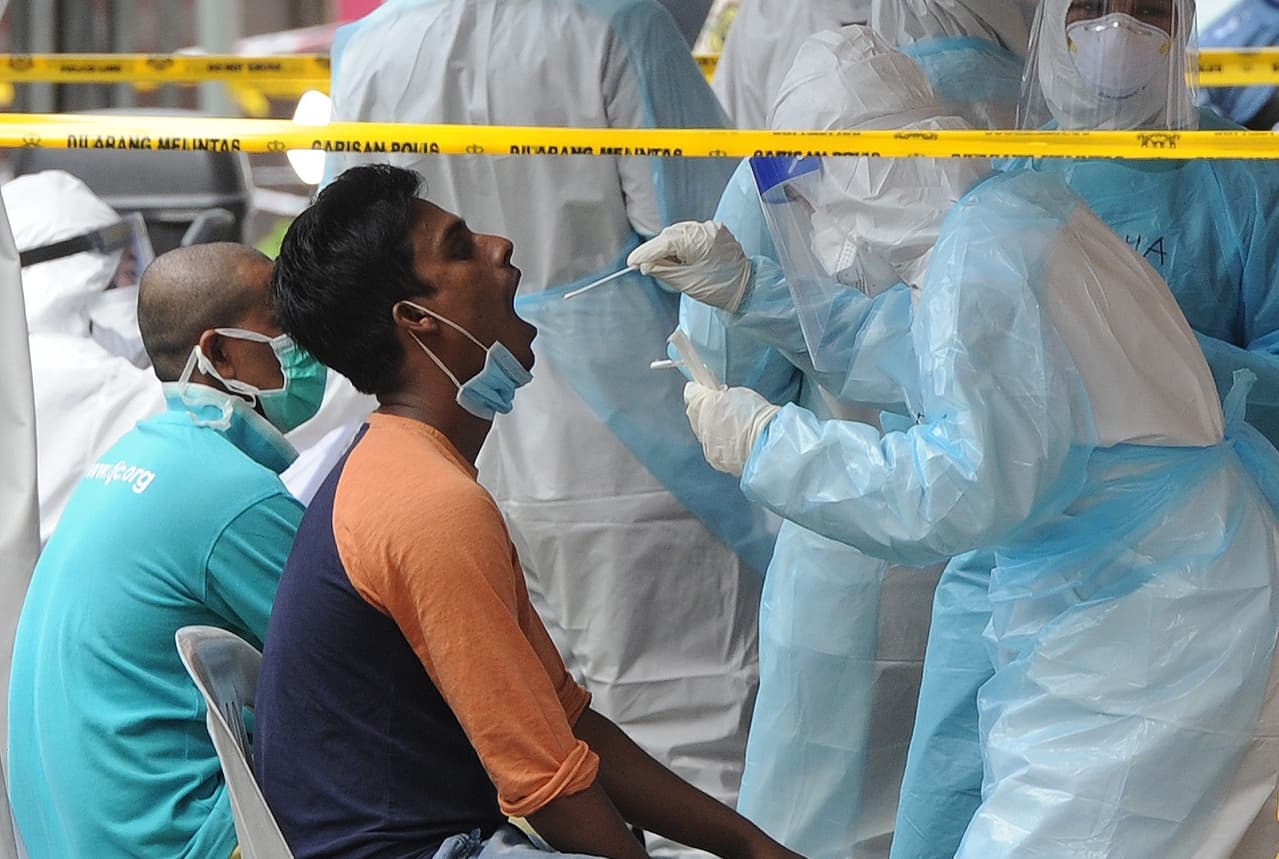
KUALA LUMPUR (May 20): Malaysian Plastics Manufacturers Association (MPMA) and the Malaysian Petrochemicals Association (MPA) are working with a team of local public health and medical experts to produce specialised swab sticks to be used in COVID-19 tests.
If the sticks — which are en route to clinical trials — are approved, they will enable mass testing which is key to lifting the Movement Control Order (MCO).
The associations, in partnership with the Ministry of International Trade and Industry, plan to contribute 1.2 million of the specialised nasopharyngeal and oropharyngeal swab sticks for mass testing, they said in a joint statement today.
Malaysia currently does not have any facilities to make these swabs, which are expected to be in short supply worldwide, said MPMA President Datuk Lim Kok Boon.
“Malaysia needs to be self-sufficient in producing these specialised swabs which are in high demand around the world now,” he said.
As it is, the US, where Malaysia’s main suppliers are, has banned the export of medical goods which include these swabs.
Meanwhile, alternative suppliers in Italy are also struggling to keep up with demand.
In China, there are hurdles in securing supply amid high demand, as well as in importing and transporting the swabs, Lim said.
Lim said the team of experts was able to identify and contact local factories which agreed to repurpose their production lines to make the different components for the swabs.
“Our members worked very quickly and very hard to resolve and overcome technical obstacles to be able to make the swab material using high quality polyester fibers,” he said.
Meanwhile, MPA president Akbar Mohd Thayoob said: “Malaysia is home to some of the biggest resin producers in South-east Asia and we are confident that we have the capacity to scale up and sustain this initiative for the long run.”
The swab sticks must be made from synthetic material such as polyester fibers and plastics shafts as natural materials such as wood, cotton and paper contain DNA which would interfere with the tests; in addition, they must also be flexible enough to be inserted into the nose cavity.
Professor Dr Tan Maw Pin from Universiti Malaya’s Medical Faculty said the pre-clinical testing suggests that the swabs we produced are performing well.
“We are currently working to expedite the process of obtaining the necessary funding and approvals for clinical trials, as well as an approval from the Medical Devices Authority (MDA) so that the swabs can go into production and distribution as soon as possible,” she said.
The swabs produced will be used for diagnostic testing for flu and other virus illness in future and will continue to be useful even after the COVID-19 pandemic, said Tan.